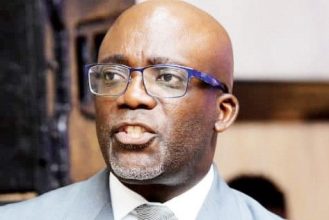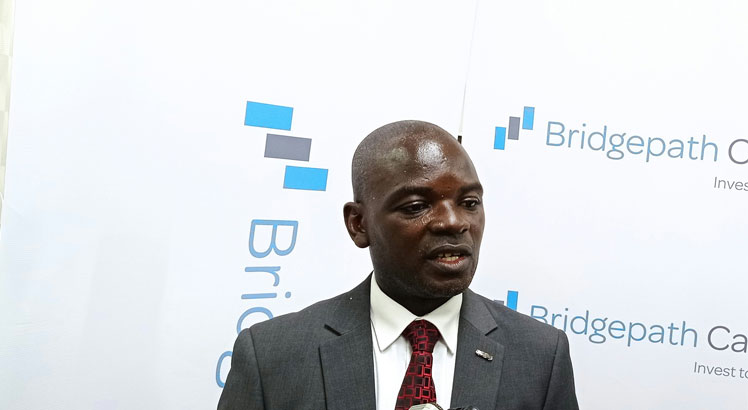Communities feel excluded in reform of mining law
Mining communities in the Northern Region have decried being tactically sidelined in the review of the 33-year-old Mines and Mineral Act starting Wednesday in Lilongwe.
The North accounts for nearly 80 percent of the country’s extractives and communities grappling with ruinous effects of increased activity say they would have wished to make their voices heard at the two-day consultations on the review of the 1981 legislation in the Capital on Wednesday.

However, the far-flung communities question why the Ministry of Natural Resources, Energy and Mining opted to hold the long-awaited symposium at Bingu International Conference Centre, instead of holding breakaway meetings closer to the citizens experiencing the side effects of the emerging industry which contributes K10 to every K100 in the national budget.
Inkosi Mabulabo, who reins over Kanyika Niobium Mine in Mzimba, is one of the traditional leaders not invited to the two-day stakeholders’ meeting at Bingu International Conference Centre.
In an interview, the traditional authority said: “The setting of the consultations seems to be another ploy to sideline the rural masses in mining issues, but the ongoing law reform is nothing without the experiences of the people directly involved or affected by mining activities. How can you review mining laws in Lilongwe when those affected are in Mzimba, Karonga, Rumphi, Mulanje and other districts?”
He concurred with the civil society that experiences and voices of the current mining communities offer experts examples of what not to do as the country envisages the law reform improving efficiency, transparency and sustainability of the mining sector management.
Locals and activists bemoan the emergence of the country’s mining sector for leaving affected communities hugely marginalised as the outdated law under review only empowers mining firms to deal directly with the central government and department of mines is yet to establish district-level offices amid calls for decentralisation of its operations.
In Karonga, the country’s largest mining district, village heads around Mabulambo Coalmine and the shutdown Kayerekera Uranium Mine lamented the hugely criticised laws for worsening secrecy and being toothless as mining firms operating in isolation and failing to invest in the people that bear the side effects of mining activity.
But the Ministry of Mining public relations officer Levison Undi said the national symposium to be graced by line Minister Atupele Muluzi marks the launch of regional and district consultations to be announced soon.





